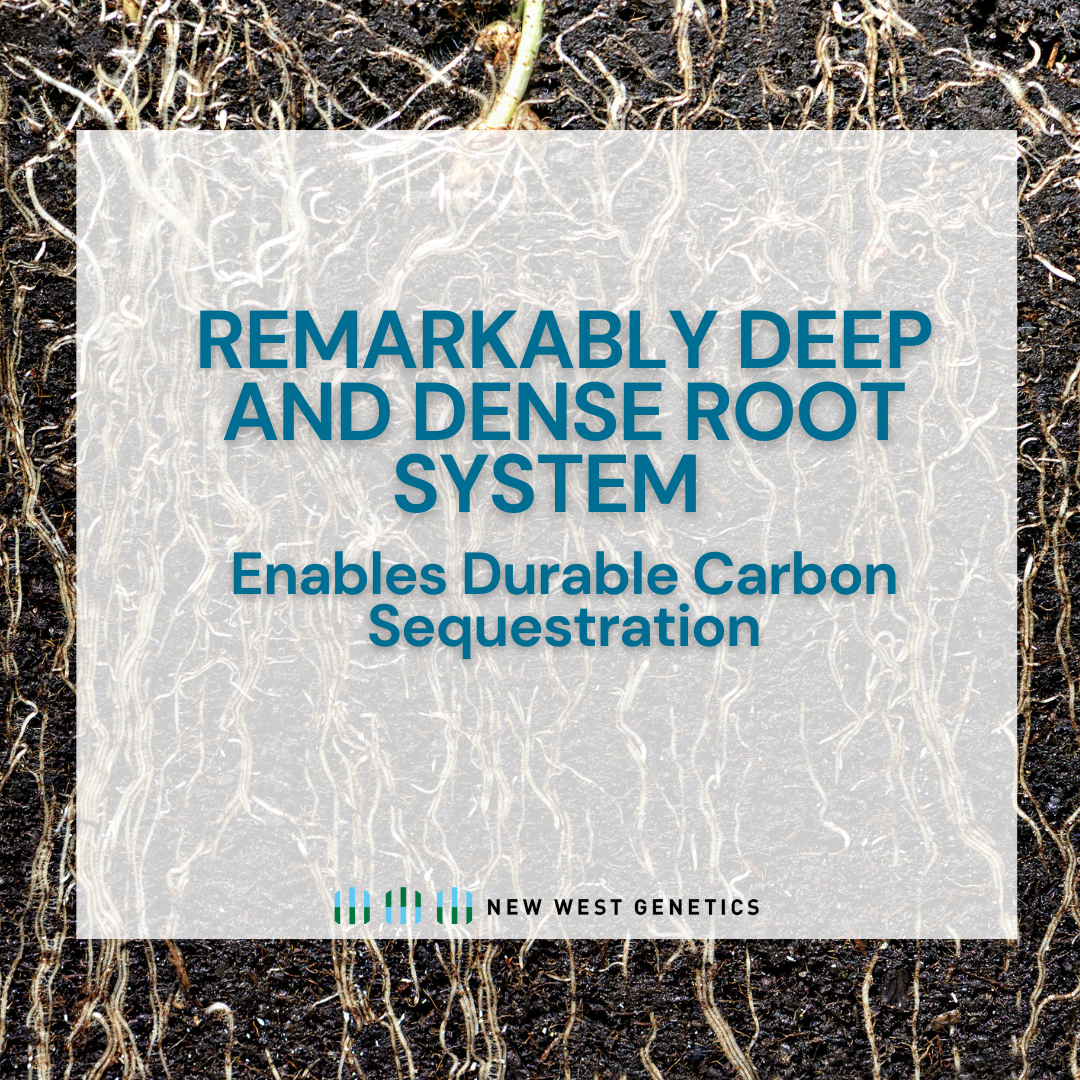Hemp Sustainability Traits
NWG investigates hemp’s sustainability traits. Recent peer-reviewed university research largely confirms long-standing anecdotal observations. However, academic studies remain in the early stages, mostly beginning with 2021 USDA programs and limited to annual trials.

Hemp’s Carbon Intensity Score
Carbon Intensity (CI) scores measure greenhouse gas emissions associated with a production lifecycle. Lower scores indicate less environmental impact, with zero being carbon neutral. For farms, CI scores quantify carbon-based energy used in grain production, guiding practice improvements like cover cropping and reduced tilling. Hemp’s lower input needs give it CI advantages over many other broad-acre crops. In private markets, low CI scores can earn crop premiums. AMPLIFY has a better CI score than most hemp varieties, simply due to its drastically increased yields, thus a more efficient use of land and inputs. NWG anticipates future incentives for soil sequestration and water efficiency in nature markets.
Use this simple calculator from Iowa State to estimate your CI score today!
Hemp and Pesticide Use
A 2023 literature review of industrial hemp at Oregon State University found that “Hemp plants have been shown to reduce the quantity of a limited number of nematode species and certain fungi in soils, and hemp may be grown without chemical pesticides.” This study also found that incorporating hemp into a rotation improves many soil health properties.
Hemp and Water Use Efficiency
Industrial Hemp Requires Less Water than Cotton and Corn.
Industrial hemp is an efficient crop with exceptionally deep roots to help scavenge and reach available water. For this reason, hemp requires significantly less water than corn. Less moisture is good. An important caveat known by experienced hemp growers is the timing of that moisture is important. Research supports what experienced hemp farmers know: “The proper amount of moisture is crucial during critical crop growth stages, such as germination and plant establishment.”
Hemp’s Deep Roots
NWG’s CSO Dr. John McKay states, “The key to durable sequestration occurs when roots surpass a depth of 50cm or more. The more roots that surpass this depth, the more carbon is captured, and the longer it is stored.”
Industrial Hemp has a massively deep root system. The depth of which is unique to row crops and provides multiple benefits: Prevents soil erosion, Scavenges for deep stores of Nitrogen, Removes contaminants and heavy metals from the soil, Improves soil structure and water retention, Improves water infiltration and reduces runoff, and allows for durable carbon sequestration.
Learn more about how deep hemp roots grow in this paper “Characterisation of hemp (Cannabis sativa L.)

Success starts at the seed, seed bred for sustainability!